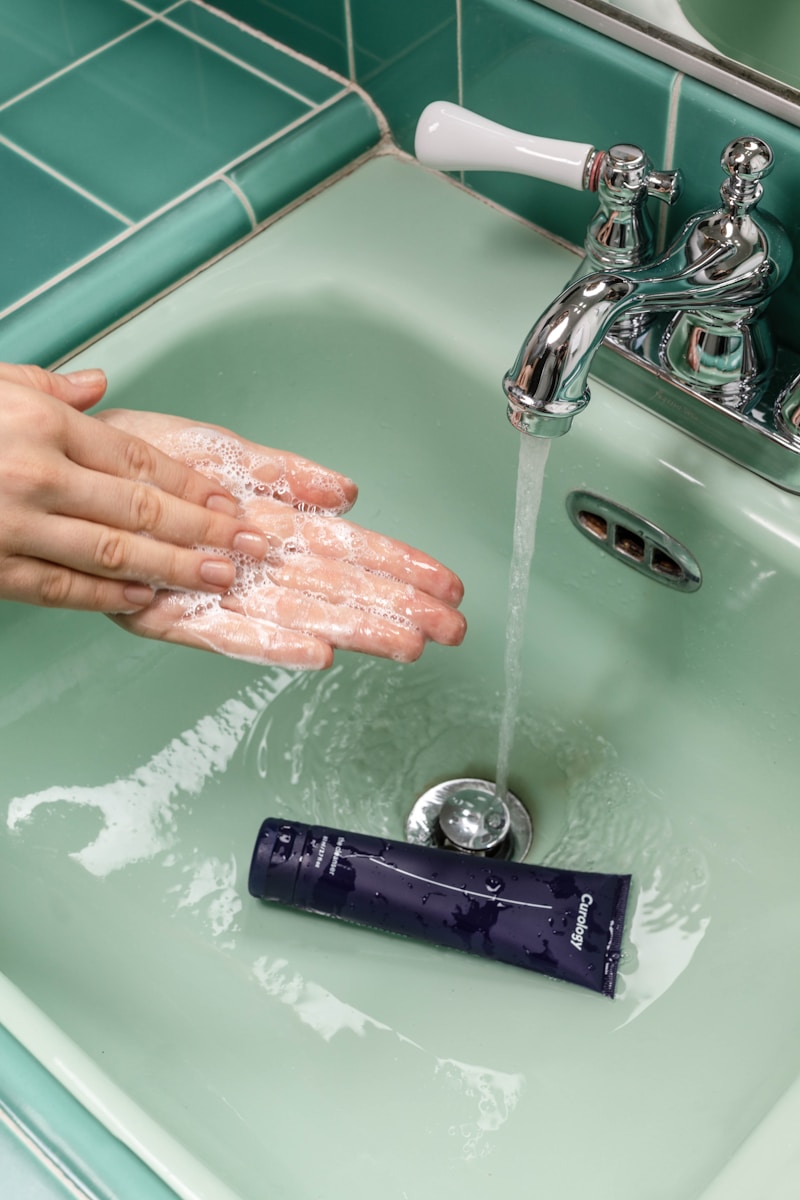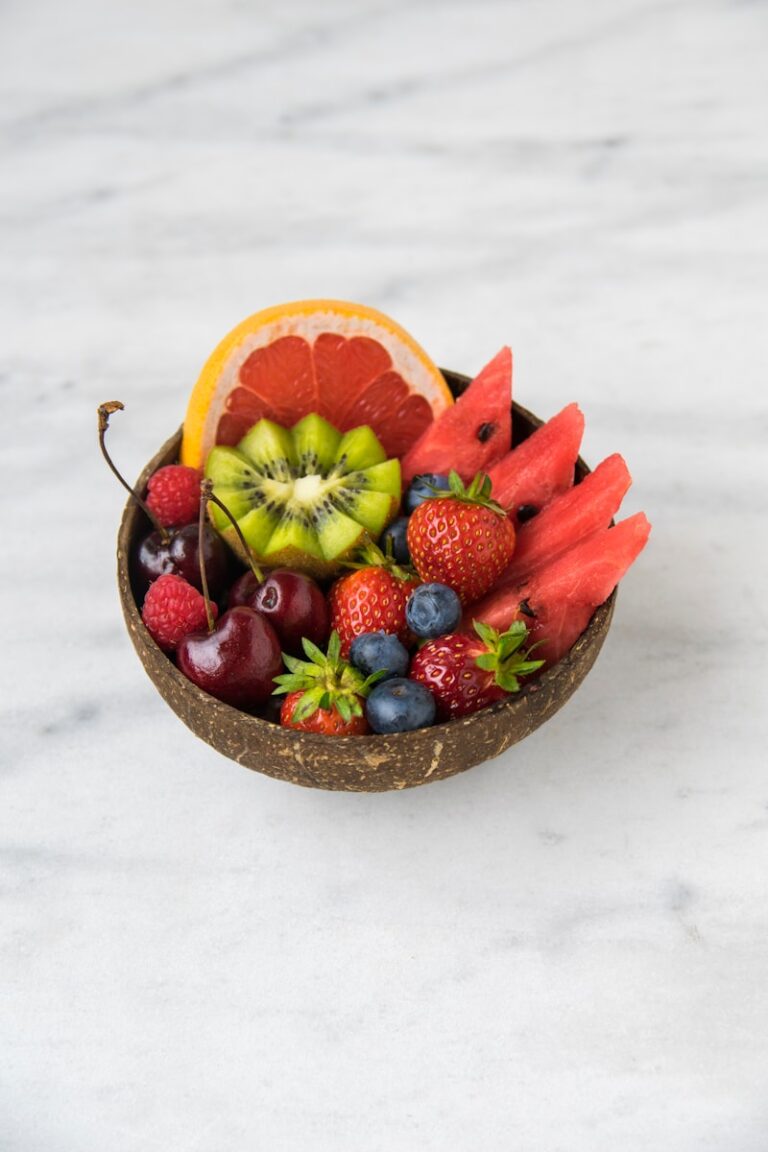
When it comes to the body’s first line of defense, the skin barrier plays an imperative role. This protective outer layer is the body’s shield against a plethora of external factors, safeguarding you from harm. Although it sounds like a true superhero, the skin barrier is not invincible. It needs your help to stay healthy and strong. This article provides a comprehensive exploration of the skin barrier and practical ways to maintain its optimal health.
Unraveling the Skin Barrier: What is it?
The skin barrier, also known as the stratum corneum, is the outermost layer of your skin. This protective shield is often likened to a brick wall, composed of sturdy skin cells known as corneocytes, bound together by lipid molecules acting as the mortar. These lipids primarily comprise cholesterol, fatty acids, and ceramides.
This incredible defensive layer is not only a protective shield but also a crucial factor in maintaining the body’s overall hydration. Without the skin barrier, the water inside your body would evaporate, leading to severe dehydration. Hence, preserving its health and integrity is crucial to the body’s overall well-being.
Factors that Can Compromise Your Skin Barrier
A variety of external and internal factors can inflict damage on your skin barrier. These include environmental conditions such as overly humid or dry atmospheres, exposure to allergens, irritants, and pollutants, and excessive sun exposure. Lifestyle habits such as the overuse of alkaline detergents and soaps, over-exfoliation, or over-washing can also negatively affect your skin barrier.
Certain health conditions, like diabetes or incontinence, can alter your skin’s acidity, weakening this protective layer. Furthermore, genetic factors may predispose some individuals to certain skin conditions like atopic dermatitis and psoriasis, which can compromise the skin barrier.
The Acid Mantle: A Protective Layer
The skin barrier boasts a slightly acidic property, often referred to as the acid mantle. This acidity creates a buffer against the proliferation of harmful bacteria, viruses, and fungi that could damage your skin and lead to infections.
Identifying a Damaged Skin Barrier
Several skin symptoms can indicate a malfunctioning skin barrier. These include dry, scaly skin, itchiness, rough or discolored patches, acne, sensitive or inflamed areas, and bacterial, viral, or fungal skin infections.
Effective Ways to Protect and Restore Your Skin Barrier
Now that we understand the skin barrier’s role and the factors that can damage it, let’s delve into practical strategies that can help maintain its health and functionality.
Simplifying Your Skincare Routine
An overcomplicated skincare routine involving numerous products can unknowingly weaken your skin barrier. Therefore, it’s advisable to consult a dermatologist or skincare professional to identify the essential and most effective products for your skin.
Maintaining Your Skin’s pH Balance
The skin’s acid mantle hovers around a pH of 4.7. However, the pH of some skincare products can range from 3.7 to 8.2. Using products with a pH between 4.0 and 5.0 can help maintain a healthy skin pH level.
Replenishing Your Skin Barrier with Plant Oils
Certain plant oils can aid in repairing the skin barrier and preventing moisture loss. These oils include jojoba oil, coconut oil, almond oil, argan oil, borage oil, rosehip oil, sunflower oil, soybean oil, primrose oil, and black currant oil.
Incorporating Ceramides in Your Skincare
Ceramides, waxy lipids found in high concentrations in the stratum corneum, are key to maintaining a functional skin barrier. Products containing pseudo-ceramides can help alleviate symptoms associated with a poorly functioning barrier, such as dryness, itchiness, and scaling.
Using Moisturizers with Hyaluronic Acid, Petrolatum, or Glycerin
Moisturizers play a crucial role in maintaining a healthy skin barrier. Petrolatum-based occlusive moisturizers can block as much as 99% of water loss from your skin. Meanwhile, humectants like hyaluronic acid, glycerin, honey, and urea can improve barrier function by drawing water into the skin barrier.
The Final Line
Maintaining a healthy skin barrier is more than just a cosmetic concern. It’s your body’s frontline defense against environmental factors. Hence, preserving its health is integral to your body’s overall well-being. Implementing the right skincare routine, using products with suitable pH levels, incorporating ceramides, and using the right type of moisturizers can all contribute to a healthy, strong skin barrier.
















+ There are no comments
Add yours